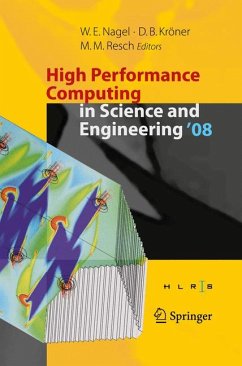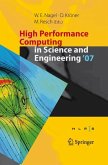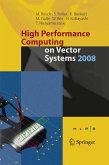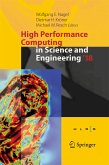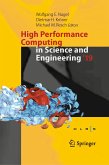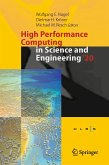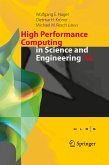The discussions and plans on all scienti?c, advisory, and political levels to realize an even larger "European Supercomputer" in Germany, where the hardware costs alone will be hundreds of millions Euro - much more than in the past - are getting closer to realization. As part of the strategy, the three national supercomputing centres HLRS (Stuttgart), NIC/JSC (Julic ¿ h) and LRZ (Munich) have formed the Gauss Centre for Supercomputing (GCS) as a new virtual organization enabled by an agreement between the Federal Ministry of Education and Research (BMBF) and the state ministries for research of Baden-Wurttem ¿ berg, Bayern, and Nordrhein-Westfalen. Already today, the GCS provides the most powerful high-performance computing - frastructure in Europe. Through GCS, HLRS participates in the European project PRACE (Partnership for Advances Computing in Europe) and - tends its reach to all European member countries. These activities aligns well with the activities of HLRS in the European HPC infrastructure project DEISA (Distributed European Infrastructure for Supercomputing Appli- tions) and in the European HPC support project HPC-Europa. Beyond that, HLRS and its partners in the GCS have agreed on a common strategy for the installation of the next generation of leading edge HPC hardware over the next ?ve years. The University of Stuttgart and the University of Karlsruhe have furth- more agreed to bundle their competences and resources.
Dieser Download kann aus rechtlichen Gründen nur mit Rechnungsadresse in A, B, BG, CY, CZ, D, DK, EW, E, FIN, F, GR, HR, H, IRL, I, LT, L, LR, M, NL, PL, P, R, S, SLO, SK ausgeliefert werden.

